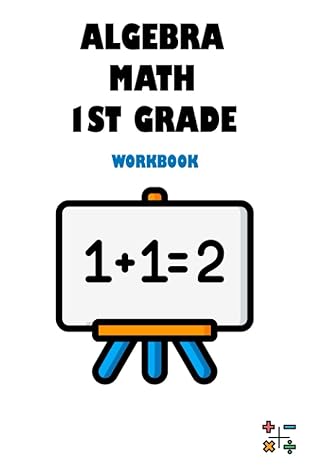Answered step by step
Verified Expert Solution
Question
1 Approved Answer
Stat 461 Homework #11 Due Monday, April 25th You must show all of your work in order to receive full and/or partial credit. No work=No
Stat 461 Homework #11 Due Monday, April 25th You must show all of your work in order to receive full and/or partial credit. No work=No Credit. 1. (30 points) In each of the following cases, indicate whether ANOVA model I or model II is more appropriate and state your reasons: (a) In a study of absenteeism at a plant, the treatments are the three 8-hours shifts; (b) In a study of employee productivity, the treatments are 10 production employees selected at random from all production employees in a large company; (c) In a study of anticipated annual income at retirement, the treatments are the four types of retirement plans available to employees; (d) In a study of tire wear in 18-wheel trucks, the treatments are four tire locations selected at random. 2. (40 points) Coil winding machines. A plant contains a large number of coil winding machines. A production analyst studied a certain characteristic of the wound coils produced by these machines by selecting four machines at random and then choosing 10 coils at random from the day's output of each selected machines. The results follow. i 1 2 3 4 j 1 205 201 198 210 2 204 204 204 209 3 207 198 196 214 4 202 203 201 215 5 208 209 199 211 Assume that ANOVA model Yij = i + appropriate. 6 206 207 203 208 ij 7 209 199 202 210 8 205 206 198 209 9 207 205 202 211 10 206 204 197 210 (i.e., random cell means model) is (a) Test whether or not the mean coil characteristic is the same for all machines in the plant; use = 0.1. State the alternatives, decision rule, and conclusion. What is the P-value of the test? (b) Estimate the mean coil characteristic for all coil winding machines in the plant; use a 90% condence interval. 2 2 (c) Estimate /( + 2 ) with a 90% condence interval. Interpret your interval estimate. 2 (d) Test whether or not and 2 are equal; use = 0.1. State the alternatives, decision rule, and conclusion. (e) Estimate 2 with a 90% condence interval. Interpret your interval estimate. 2 (f) Obtain a point estimate of . 3. (30 points) Miles per gallon. An automobile manufacturer wished to study the eects of dierences between drivers (factor A) and dierences between cars (factor B) on gasoline consumption. Four drivers were selected at random; also ve cars of the same model with manual transmission were randomly selected from the assembly line. Each driver drove each car twice over a 40-mile test course and the miles per gallon were recorded. The data follow. Factor A (driver) j=1 25.3 i=1 25.2 33.6 i=2 32.9 27.7 i=3 28.5 29.2 i=4 29.3 Factor B (car) j=2 j=3 j=4 28.9 24.8 28.4 30.0 25.1 27.9 36.7 31.7 35.6 36.5 31.9 35.0 30.7 26.9 29.7 30.4 26.3 30.2 32.4 27.7 31.8 32.4 28.9 30.7 j=5 27.1 26.6 33.7 33.9 29.2 28.9 30.3 29.9 Assume that random ANOVA model Yijk = + i + j + ()ij + applicable. ijk is (a) Test whether or not the two factors interact; use = 0.05. State the alternatives, decision rule, and conclusion. What is the P-value of the test? (b) Test separately whether or not factor A and factor B main eects are present. For each test, use = 0.05 and state the alternatives, decision rule, and conclusion. What is the P-value for each test? 2 2 (c) Obtain point estimates of and . Which factor appears to have the greater eect on gasoline consumption
Step by Step Solution
There are 3 Steps involved in it
Step: 1

Get Instant Access to Expert-Tailored Solutions
See step-by-step solutions with expert insights and AI powered tools for academic success
Step: 2

Step: 3

Ace Your Homework with AI
Get the answers you need in no time with our AI-driven, step-by-step assistance
Get Started


